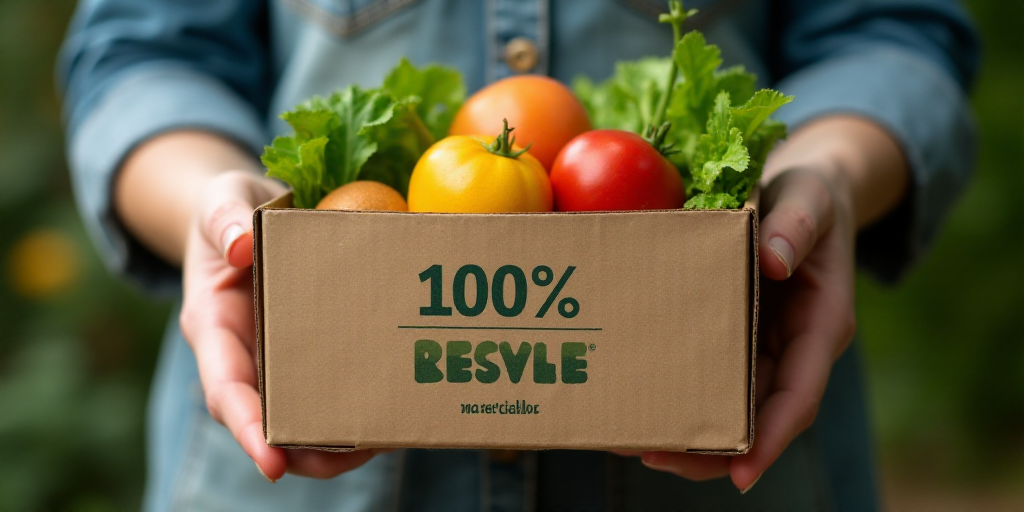The Rapid Growth of E-commerce in Mexico and Its Environmental Impact
The e-commerce industry in Mexico is experiencing an unprecedented boom, with online sales reaching a record-breaking value of 789,700 million pesos in 2024, according to the AMVO’s Online Sales Study in Mexico 2025. However, this growth brings an urgent challenge: the increasing environmental footprint of the sector.
Key Figures and Concerns
- Online sales in Mexico reached 789,700 million pesos in 2024, a 20% increase from the previous year.
- Approximately 30% of e-commerce customers are concentrated in Mexico City, intensifying urban traffic and carbon dioxide emissions during the “last mile” delivery process.
- Around 23% of purchases are returned, adding extra strain on resources and emissions.
Ana Luisa Rangel, Public Relations Manager at iMile Delivery Mexico, explains that the “last mile” is the most complex and costly part of the delivery process, both economically and environmentally. Traffic congestion, inadequate infrastructure, and high demand for immediate deliveries make it difficult to adopt green practices.
Technology as a Solution
iMile leverages artificial intelligence and data analysis to optimize real-time delivery routes, minimizing times and CO2 emissions, especially in congested areas like Mexico City. The Sorter Machine automates package sorting, streamlining processes and reducing fuel consumption.
iMile also promotes the use of electric vehicles and sustainable packaging solutions, although the transition to greener practices remains slow in the sector.
Sustainable Packaging: A Critical Issue
While 70% of Mexicans are willing to pay more for recyclable packaging, many companies still use single-use plastics. Effective adoption of eco-friendly packaging solutions is not yet widespread.
Empowering Small and Medium Enterprises
Rangel suggests that small and medium enterprises can compete by adopting affordable technologies, collaborating locally, and communicating their commitment to sustainability. She proposes tax incentives for clean technologies and strict regulations against single-use plastics to accelerate this change.
The Consumer’s Role in E-commerce Sustainability
Rangel emphasizes that consumers play a crucial role in promoting sustainability in e-commerce. Responsible purchasing, reducing returns, and recycling packaging are actions that contribute to a greener future.
Key Questions and Answers
- What is the current state of e-commerce in Mexico? The e-commerce industry in Mexico is experiencing rapid growth, with online sales reaching a record value of 789,700 million pesos in 2024.
- What challenges does this growth bring to sustainability? The increasing environmental footprint of the sector, particularly due to last-mile delivery and high return rates, poses a significant challenge.
- How can technology help address these challenges? Artificial intelligence and data analysis can optimize delivery routes, while electric vehicles and sustainable packaging solutions can reduce emissions.
- What role do small and medium enterprises play in e-commerce sustainability? They can adopt affordable technologies, collaborate locally, and communicate their commitment to sustainability.
- How can consumers contribute to a more sustainable e-commerce? Responsible purchasing, reducing returns, and recycling packaging are actions that promote sustainability.






